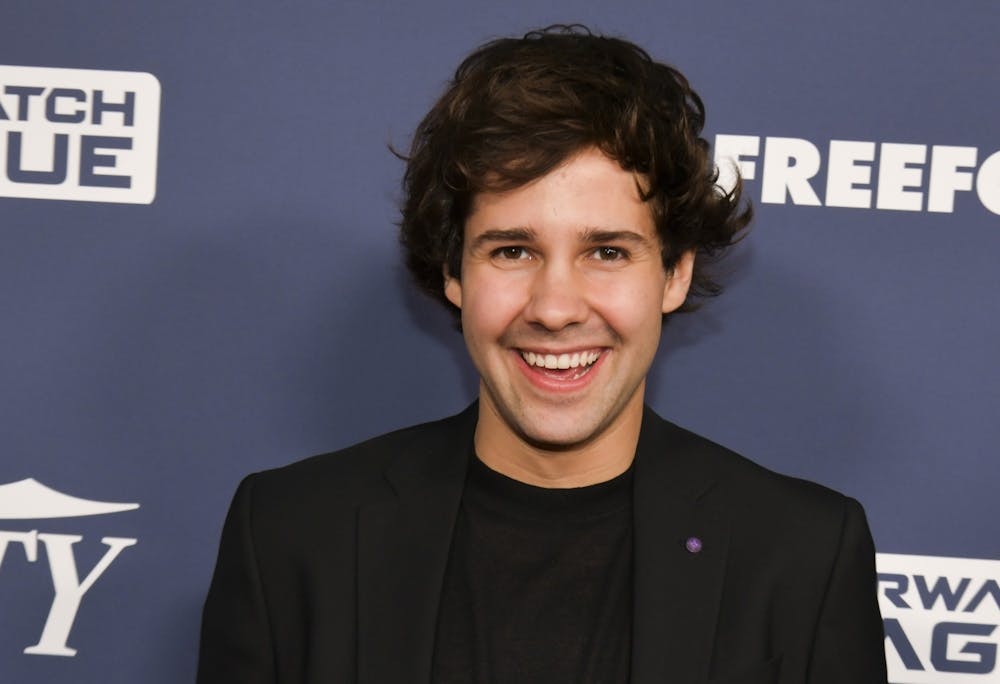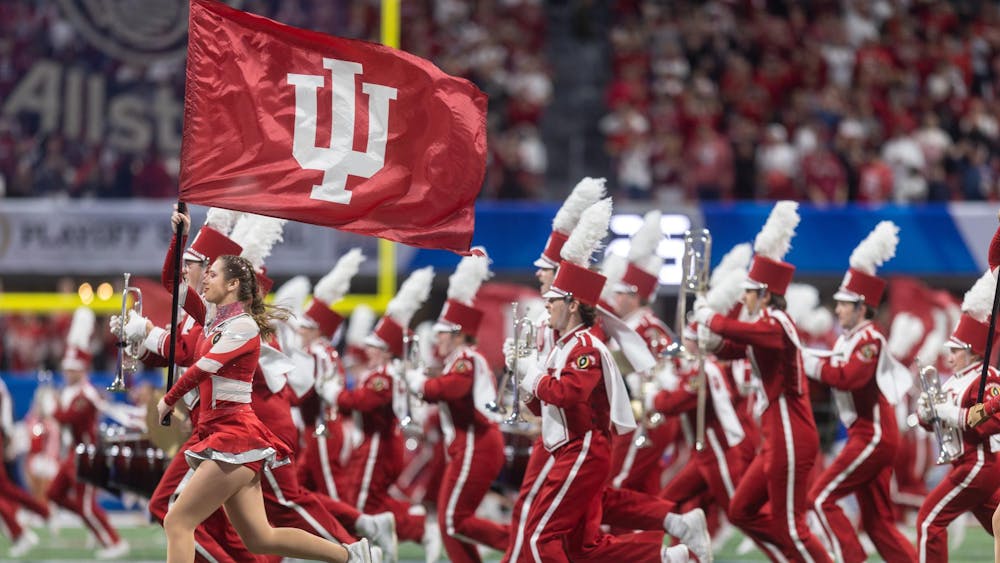Isn’t it ironic how actress Lori Loughlin, along with a group of other celebrities, were given a shorter sentence for their college admission scandal than what their actions warranted, whereas women like Kelley Williams-Bolar went to jail for enrolling her son in a different school district for the same reason as Loughlin: for their kids to have a better education.
There are obvious differences between celebrity treatment and the average person, but those differences go far beyond the privilege of having the finer things in life. The issue in these differences also highlight the unequal treatment given to certain people.
For example, famous YouTubers Durte Dom and David Dobrik from the “Vlog Squad” were exposed by Insider reporter, Kat Tenbarge on March 17, for allegedly exhibiting inappropriate sexual misconduct.
Dobrik has lost more than 100,000 followers since his first apology video, uploaded on March 17, which included him apologizing to influencer Seth Francois for alleged sexual misconduct against him. The video was titled “Let’s talk,” and had its comments, likes and dislikes disabled. He has since lost major sponsorships with brands such as HelloFresh and Spark Capital, a major investor in Dobrik’s app Dispo.
Soon after Dobrik uploaded his second apology, it seemed like his followers were quick to forgive him. Many of the comments on his second video shifted more blame on Dom, rather than shining the spotlight on Dobrik. This was in spite of the fact that YouTuber Ally Hardesty, one of the women who made sexual assault allegations against members of the Vlog Squad, insinuated is that she didn’t forgive Dobrik’s apology by liking tweets that called Dobrik out and even retweeting a tweet that stated, “Reminder: it’s the victims who are allowed to ‘accept’ David Dobrik’s statement video.”
Dobrik’s celebrity status has already given him protection not afforded to non-famous people. He has a skilled PR team behind him and expensive lawyers that the average person couldn’t afford. Meanwhile, there are everyday people who get canceled on social media but don’t have the large platform needed to redeem themselves. For those people, it’s much easier to have their lives seemingly ruined forever.
Adam Smith, a young business executive, attended a protest against Chick-fil-A in 2012 after the company’s CEO Dan Cathy spoke out against gay marriage. Smith filmed an encounter between him and a drive-thru employee, stating that the company had “horrible values.” People responded by sending death threats to Smith’s boss, leading Smith to getting fired. He told CBSN Originals that two years later, he could no longer find companies that would hire him and he and his family had to live off food stamps.
Though he spoke about his experiences on TV, the truth is that not many people are able to get that same platform. More importantly, if Smith was a celebrity, he would’ve been back on his feet after someone else’s scandal drowned his out.
Some students don’t believe that “cancel culture” is the right approach for ordinary people.
Cancel culture, as Vox describes it, is the public backlash that follows a celebrity or person who does something offensive. Afterwards, there is usually a call for an effective end to the person’s career.
“I don’t think cancel culture is a constructive way to approach an issue and I don’t think it changes anyone’s minds,” sophomore Liam McGouldrick said. “I think it would be much more effective to have a conversation with [the canceled person] about it than to cut them off from their peers.”
The ability to continue your career seemingly unscathed is a privilege only the rich and famous are afforded. Even makeup artist James Charles, who lost over 2.6 million followers after a hair vitamin scandal with makeup guru Tati Westbrook, gained all those followers back and more as newer scandals of other celebrities surfaced and washed his news away.
I am not saying that we should cancel celebrities and keep them canceled. I am saying, however, that we should not treat people differently based on status, and we should hold everyone equally accountable. Whether this means everyone stays “canceled” or people are held accountable and then move on, the respect everyone deserves is for there to be the same treatment with no exceptions.
When there is such a vast difference in treatment between two groups of people, we teach society that money is the redeemer for all who have it. Stop the picking and choosing.






